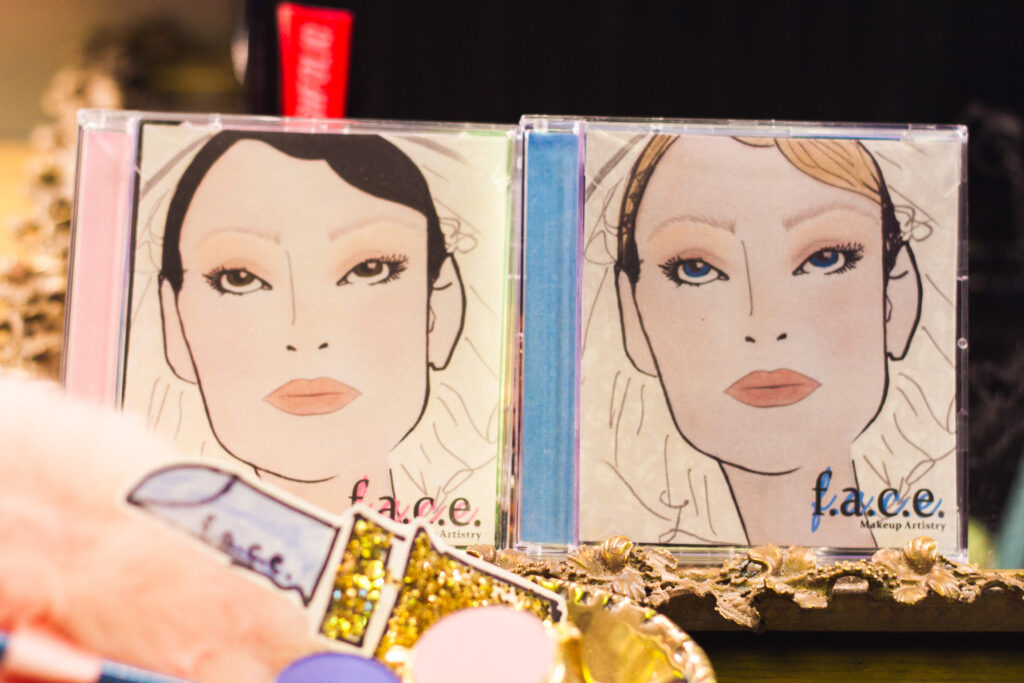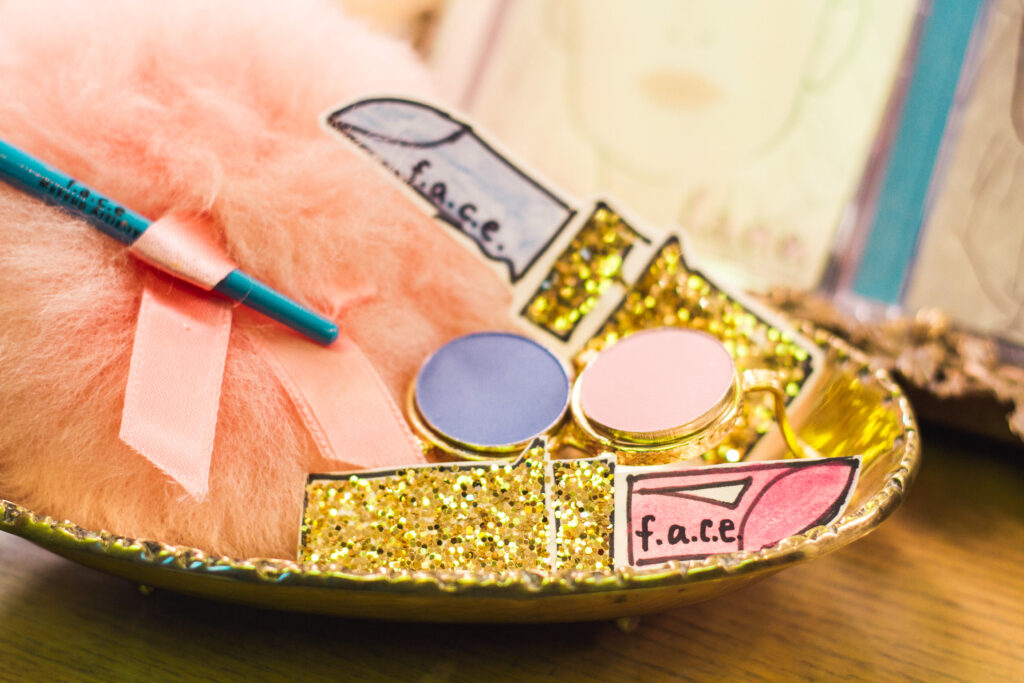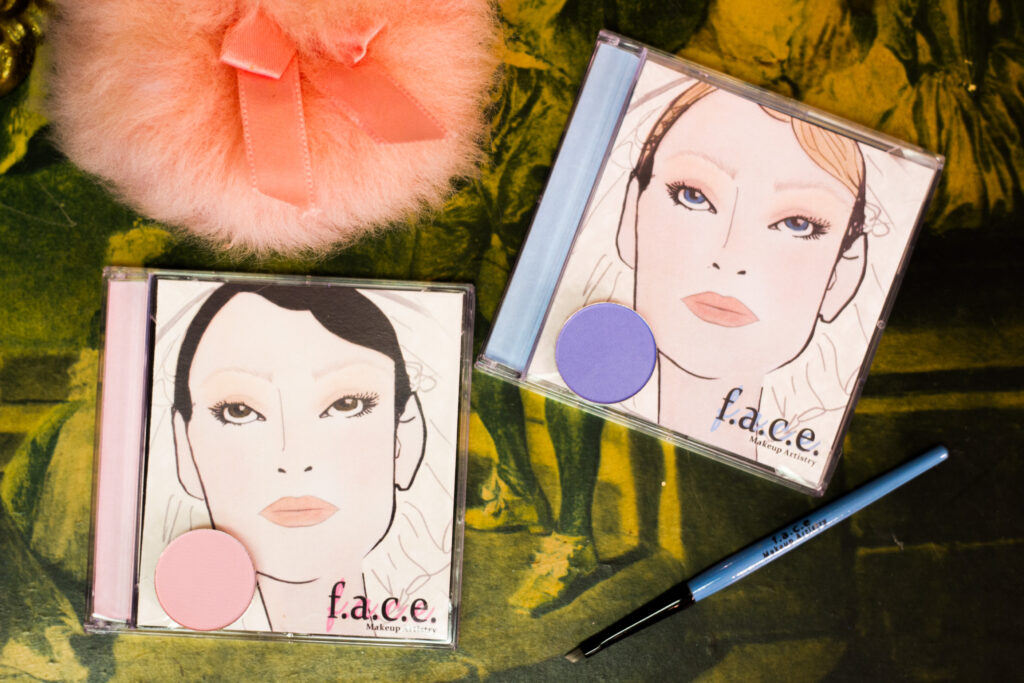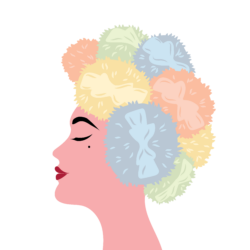Being an aesthete means approaching life with a heightened sensitivity to beauty and art, valuing not just what is conventionally attractive, but also finding beauty in moments, details, and objects that might otherwise go unnoticed. This is more than just a passing admiration for the external—it’s about savoring the sensory experiences that life offers, from the colors in a painting to the subtleties of a simple breeze.

Aesthetes appreciate the emotional resonance of beauty. Studies in psychology suggest that beauty is not only about visual appeal but also about how objects or experiences make us feel. Neuroscientific research reveals that the brain processes beauty in the same regions that handle positive emotions and pleasure. This means that the beauty we experience through makeup—whether it’s a soft, natural look or a bold, dramatic statement—can evoke genuine feelings of joy and satisfaction.
What’s fascinating about the life of an aesthete is how this appreciation of beauty spills over into everyday moments. Something as simple as the arrangement of colors on a palette or the way light falls on skin during makeup application can create an emotional reaction, similar to appreciating a well-composed piece of music or an elegant piece of architecture. This connects makeup artistry to a much broader aesthetic appreciation of life.


In this context, beauty becomes something we participate in, not just something we consume. The aesthete’s attention to detail allows for deeper connections between their inner world and outer appearance. Makeup, like any art form, serves as a bridge between the self and the world, communicating personal identity and offering insight into how we perceive beauty.
For those who appreciate makeup not just as a tool but as an experience, consider this: What role does beauty play in how you connect with the world? Does makeup help you see the world differently, and how might you engage with it as an act of artistry in everyday life?
